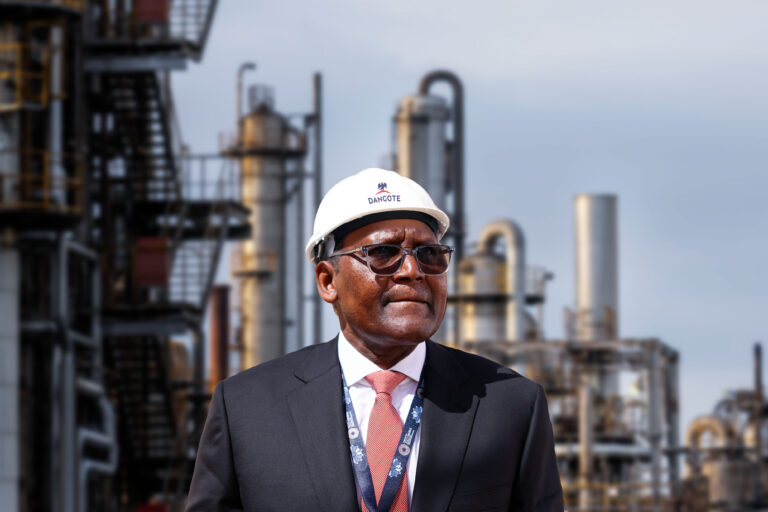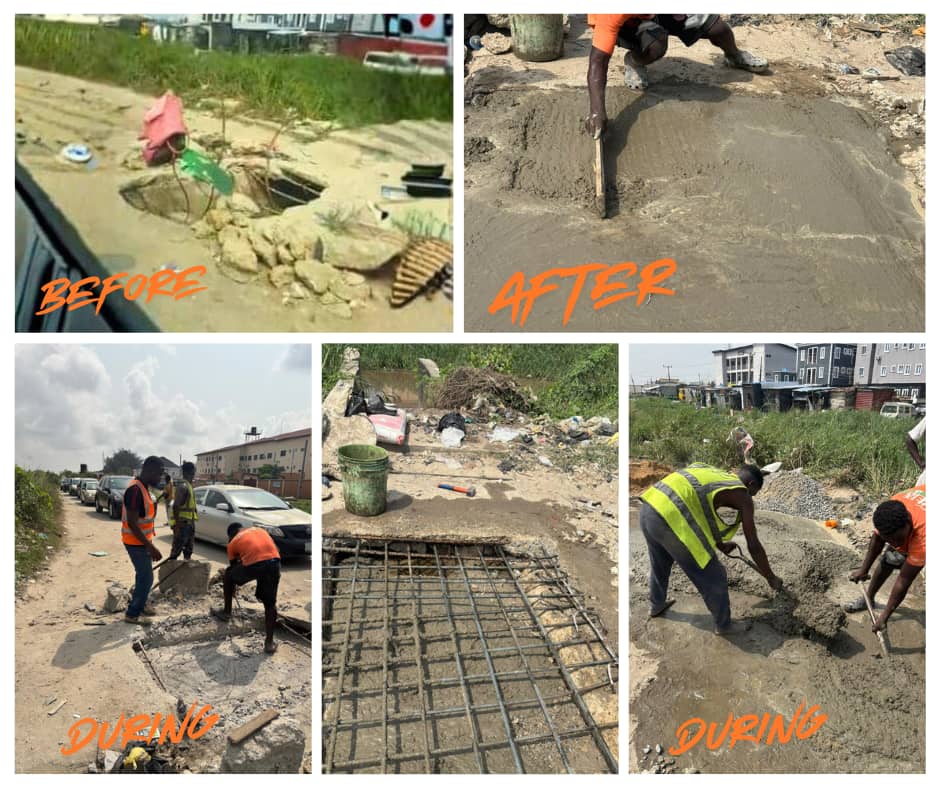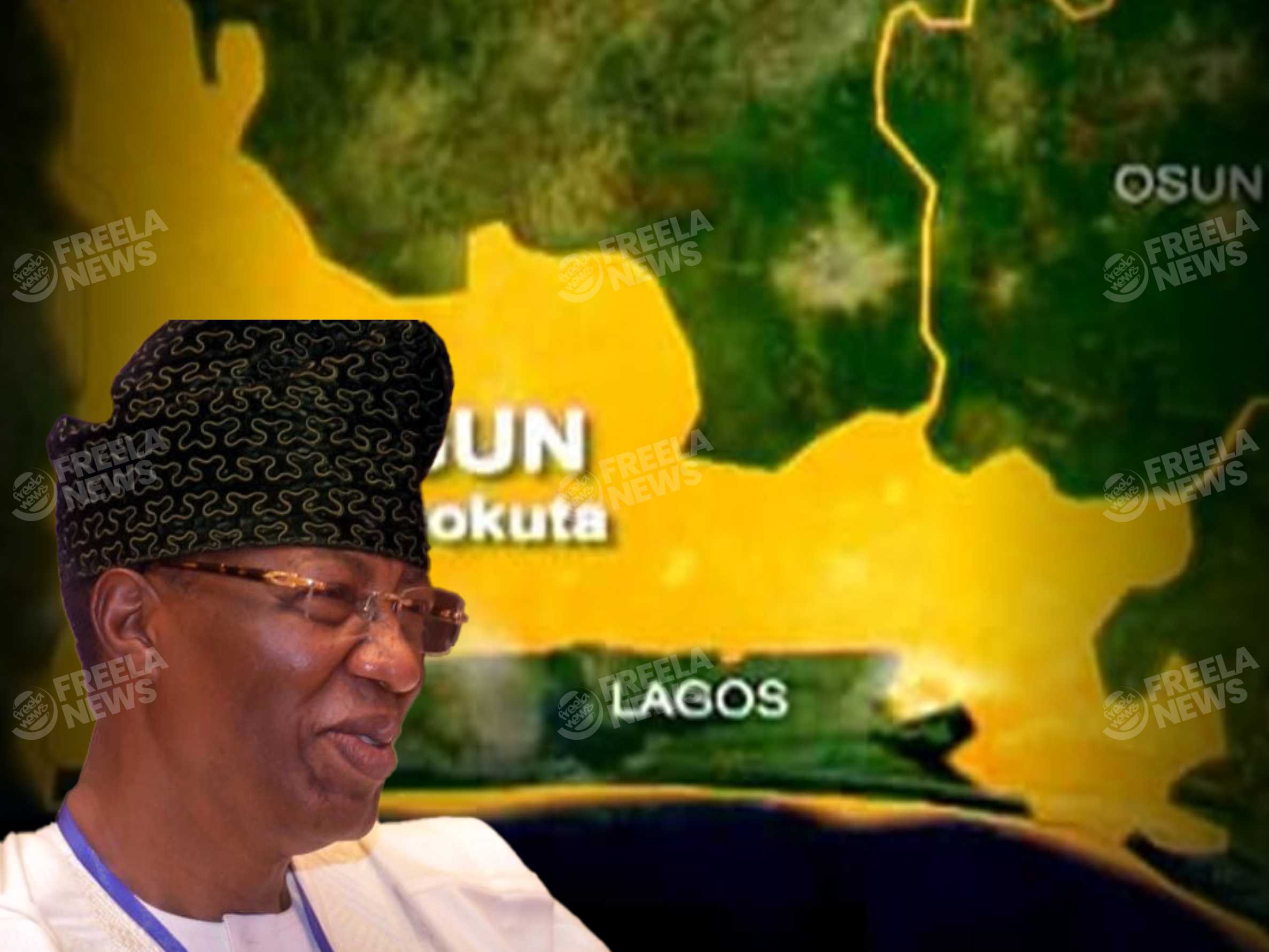Dangote Atlantic seaport project aims to boost Nigeria’s export capacity with a deepwater port in Olokola, linking refinery, LNG pipelines, and logistics
In what many see as a bold strategic move, Alhaji Aliko Dangote has applied for permission to construct a new Atlantic seaport in Olokola, Ogun State.
Also read: Dangote doubts refinery revival as $18bn lost on NNPC plants
The initiative is designed to support the expanding operations of the Dangote Group, particularly its oil refinery and fertilizer plants.
The proposed port, positioned roughly 100 kilometres from Dangote’s existing facilities in Lagos, is expected to enhance the company’s export capacity—especially for products such as urea, fertilizer, and liquefied natural gas (LNG).
Devakumar Edwin, Executive Vice President of the Dangote Group, confirmed the plan and revealed that paperwork for regulatory approval was submitted in late June.
“It’s not that we want to do everything by ourselves, but I think doing this will encourage other entrepreneurs to come into it,” Edwin said.
In addition to easing the logistics burden for the Dangote refinery, the port will rival existing infrastructure in Lagos, including the Chinese-funded Lekki Deep Sea Port.
The company currently exports through a private jetty at its Lagos refinery site but sees greater potential in a dedicated seaport facility.
The Atlantic seaport will also serve as a hub for future LNG exports. The project includes plans to construct pipelines linking the port to the oil-rich Niger Delta region.
This development marks Dangote’s return to the Olokola site, where earlier plans for a refinery were shelved due to disagreements with local authorities.
With a new state administration in place, relations have reportedly improved, clearing the way for renewed investment.
Also read: LBS Global CEOs visit Dangote Refinery, urged to invest in Africa
Analysts believe the port could accelerate Nigeria’s shift towards becoming a regional logistics and energy export hub, particularly if the project stimulates competition and private-sector participation.





























